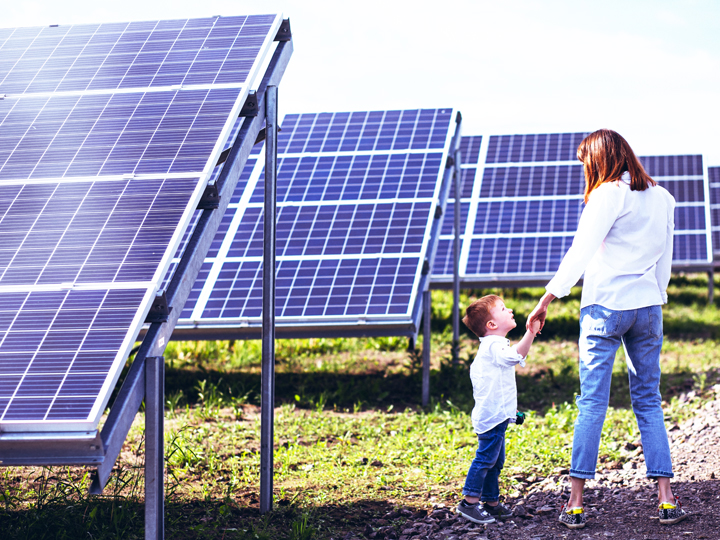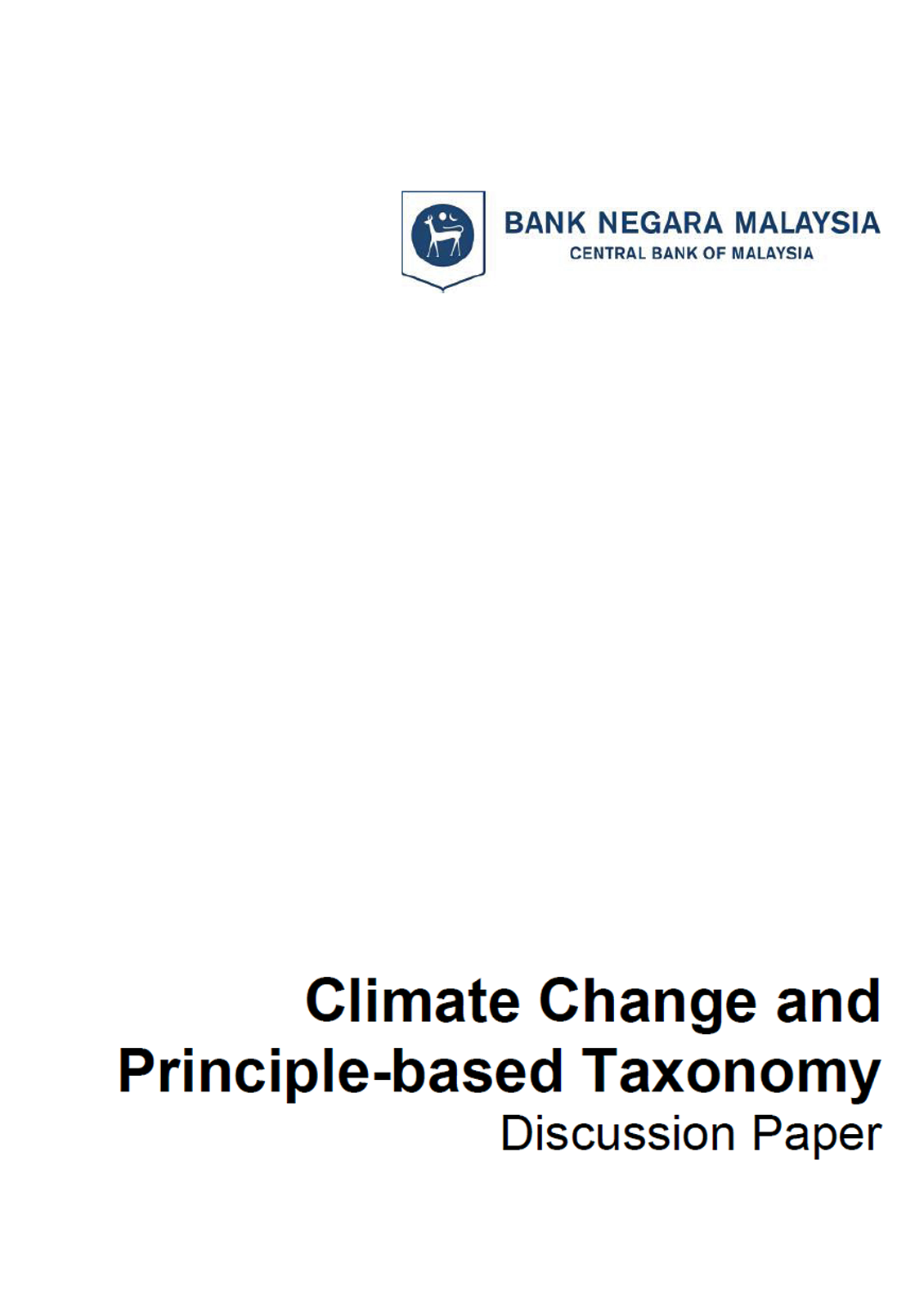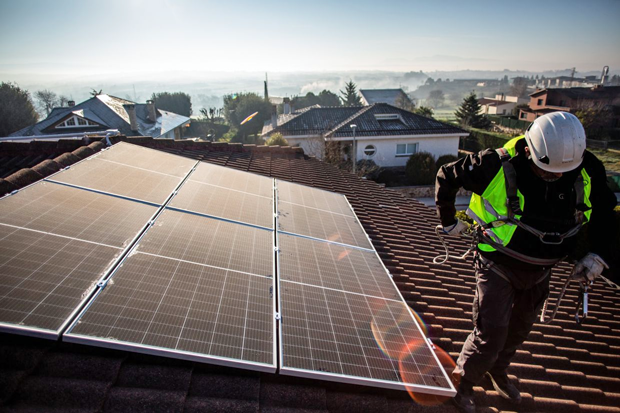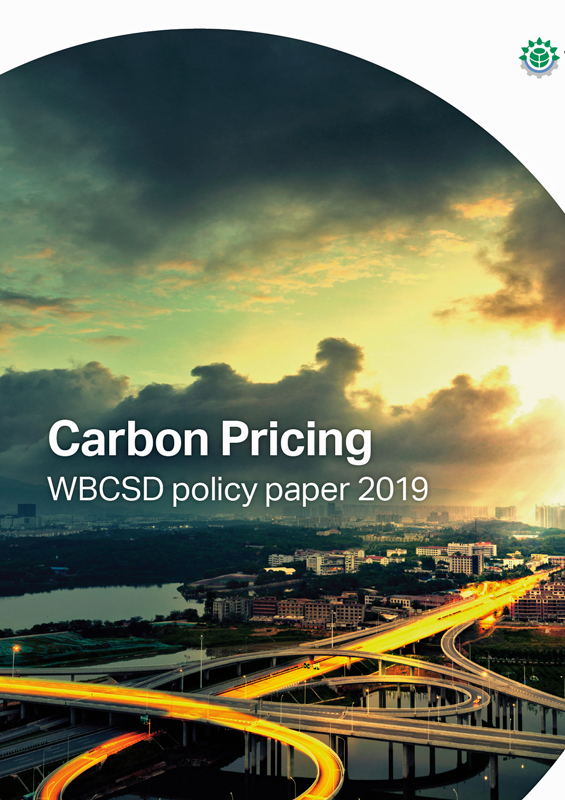Combating climate change and transforming the energy system are core challenges on the path to a sustainable future for business, society and the environment.
Southeast Asia is among the regions that would be the hardest hit by climate change in the near future. Specific negative effects for Malaysia would include changes in rain patterns, rising mean sea levels and related coastal flooding, and more frequent extreme weather events.
Malaysia, as a Paris Agreement signatory is committed in reducing GHG emissions and has pledged to reduce GHG emissions intensity of gross domestic production (GDP) by 45% by 2030 relative to emissions intensity of GDP in 2005 under the Intended Nationally Determined Contribution (INDC). This global commitment implies increased focus towards clean and energy-efficient technologies.
The movement towards a low-carbon economy not only poses financial challenges but also creates significant opportunities. Malaysia is looking to use a higher percentage of renewables in its energy mix in the coming years; the country is targeting to generate 20% of its electricity from renewable energy sources by 2025 — up from 2% currently. As the cost of renewables becomes more competitive with fossil fuels, interest in cleaner energy solutions grows.
The government must be progressive and set policies to ensure that Malaysian companies are in the forefront. Banks and financial institutions in Malaysia need to start promoting financial flows to activities that will support transition to a low carbon and climate resilient economy.
BCSD Malaysia, through its Climate & Energy working group, offers as a safe pre-competitive space in which the leading companies can gather and initiate collaborative projects and advocate for progressive climate change and energy policies to the government of Malaysia and other relevant regulatory bodies.
If you wish to know more about the activities of the Climate & Energy Working Group or if you wish to join BCSD Malaysia please:








